Meet our speakers!
Click here to register for the event.
Dr. John Clague
John Clague is Emeritus Professor at Simon Fraser University. He was educated at Occidental College (BA), the University of California Berkeley (MA), and the University of British Columbia (PhD). Clague worked as a Research Scientist with the Geological Survey of Canada from 1975 until 1998. In 1998 he accepted a faculty position in the Department of Earth Sciences at Simon Fraser University. Clague is a leading authority in environmental earth sciences, natural hazards, and climate change. He and his students have also conducted research on earthquakes, landslides, floods, and other natural hazards in Canada, USA, Bolivia, Argentina, Chile, Austria, Italy, and New Zealand. Clague is a Fellow of the Royal Society of Canada, former President of the Geological Association of Canada, Past-President of the International Union for Quaternary Research, and Past-President of the Engineers and Geoscientists British Columbia (EGBC). He received an Honorary PhD from the University of Waterloo in 2017 and in 2020 was inducted as an Officer of the Order of Canada. Clague is currently Editor-in-Chief of the journal Natural Hazards.
Dr. Heather Handley
A volcanologist that has worked on some of the most active volcanoes on the planet. She uses the chemistry of volcanic rocks and their minerals to better understand how volcanoes work and what triggers volcanic eruptions to reduce the risk from volcanic hazards. Heather is Co-Founder and Director of the Earth Futures Festival an international film and video festival that unites the arts and science to showcase how geoscience provides solutions to global challenges. Heather has led numerous science communication events and workshops, frequently writes for The Conversation, and has given over 100 television, radio, and print interviews on volcanoes. Heather has been featured in documentaries for National Geographic and Discovery Science and is currently writing a book on Australia’s volcanoes for a public audience. Heather strongly advocates for Women in STEM, diversity and inclusion and is Co-Founder and Inaugural President of the Women in Earth and Environmental Science Australasia (WOMEESA) Network. Heather received an AIPS NSW Young Tall Poppy Award in 2014, the Geological Society of Australia’s Beryl Nashar Medal in 2021 and was an STA 2021-2022 Superstar of STEM.
Dr. Iain Stewart
El Hassan bin Talal Research Chair in Sustainability at the Royal Scientific Society (Jordan) and Professor of Geoscience Communication at the University of Plymouth (UK). The founding director of the University of Plymouth’s ‘Sustainable Earth Institute’, Iain’s long-standing research interests are in disaster risk reduction, climate change, and Earth science communication. His Earth science communication work has built on a 15-year partnership with BBC Science television presenting popular documentary series, such as ‘Earth: The Power of the Planet’, ‘Earth: The Climate Wars’, ‘How Earth Made Us’, ‘How To Grow A Planet’, ‘The Rise of the Continents’ and ‘Planet Oil; he was also academic advisor on David Attenborough’s acclaimed BBC series ‘Severn Worlds, One Planet’. Awarded an MBE for his services to geography and geology education, he is President of the Royal Scottish Geographical Society, was the Communications Lead and Evidence Chair for the Scottish Government’s Climate Citizen’s Assembly, and is the UNESCO Chair for Geoscience and Society.
Kombada Mhopjeni
is the National Programme Officer for Natural Sciences at the UNESCO Windhoek office. She provides technical and policy advice to the line ministries and national institutions involved in the UNESCO Natural Sciences program in Namibia and leads the delivery of the Natural Sciences program in Namibia. She has a MSc in Geology from the University of Western Australia. Prior to joining UNESCO, Kombada was the Deputy Director of Geo-Information at the Geological Survey of
Namibia and National Programme Officer (on-loan) for Natural Sciences at UNESCO. She has over 17 years of scientific experience in the government, including various roles in geosciences and management.
She is the Executive Member of the Geological Society of Namibia and a founding National Representative of the Young Earth Scientists Network Namibia chapter.
Dr. Eduardo de Mulder
Started his professional career in 1975 as a field geologist in the Geological Survey of the Netherlands upon completion of his PhD thesis on the Mid Tertiary Stratigraphy and Micropaleontology of the Epirus Region in Greece in the same year. In the Geological Survey he developed as an applied Quaternary geologist and was involved in geological advisory work mainly for public organisations. In 1997 he became Professor in Subsurface Management in the Technical University of Delft, the Netherlands.
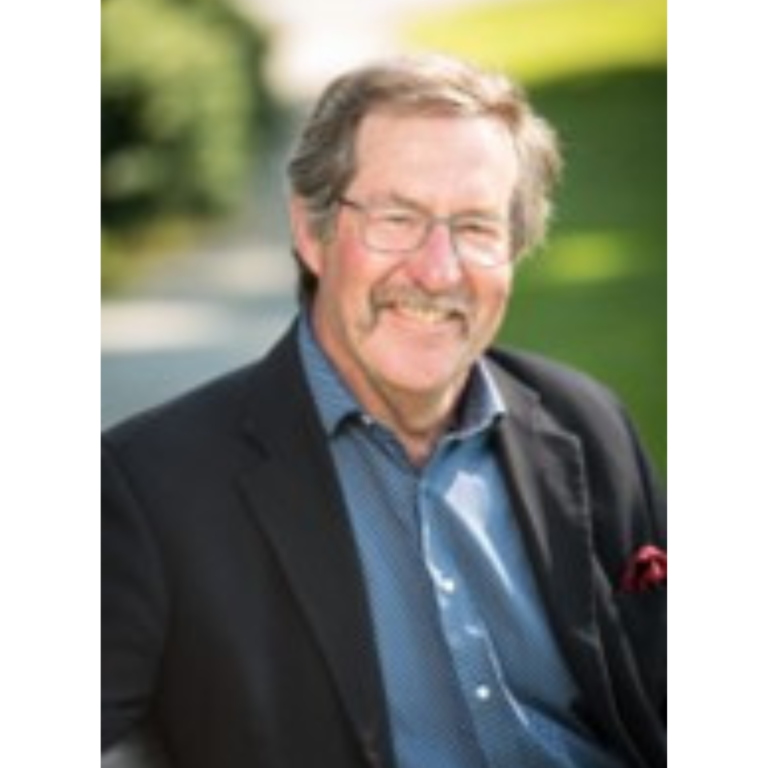
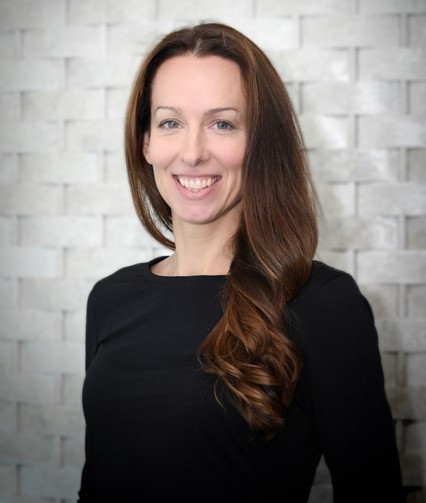
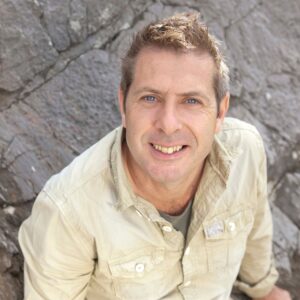
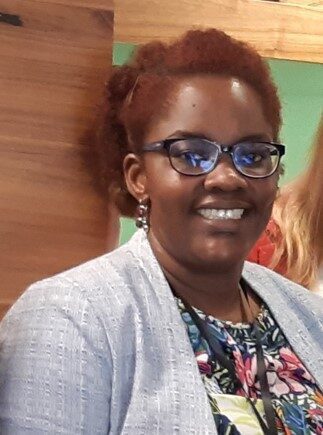
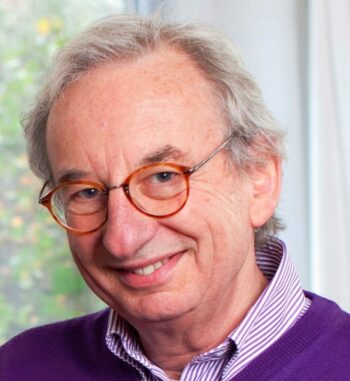

John Clague is Emeritus Professor at Simon Fraser University. He was educated at Occidental College (BA), the University of California Berkeley (MA), and the University of British Columbia (PhD). Clague worked as a Research Scientist with the Geological Survey of Canada from 1975 until 1998. In 1998 he accepted a faculty position in the Department of Earth Sciences at Simon Fraser University. Clague is a leading authority in environmental earth sciences, natural hazards, and climate change. He and his students have also conducted research on earthquakes, landslides, floods, and other natural hazards in Canada, USA, Bolivia, Argentina, Chile, Austria, Italy, and New Zealand. Clague is a Fellow of the Royal Society of Canada, former President of the Geological Association of Canada, Past-President of the International Union for Quaternary Research, and Past-President of the Engineers and Geoscientists British Columbia (EGBC). He received an Honorary PhD from the University of Waterloo in 2017 and in 2020 was inducted as an Officer of the Order of Canada. Clague is currently Editor-in-Chief of the journal Natural Hazards.

Heather Handley is a volcanologist that has worked on some of the most active volcanoes on the planet. She uses the chemistry of volcanic rocks and their minerals to better understand how volcanoes work and what triggers volcanic eruptions to reduce the risk from volcanic hazards. Heather is Co-Founder and Director of the Earth Futures Festival an international film and video festival that unites the arts and science to showcase how geoscience provides solutions to global challenges. Heather has led numerous science communication events and workshops, frequently writes for The Conversation, and has given over 100 television, radio, and print interviews on volcanoes. Heather has been featured in documentaries for National Geographic and Discovery Science and is currently writing a book on Australia’s volcanoes for a public audience. Heather strongly advocates for Women in STEM, diversity and inclusion and is Co-Founder and Inaugural President of the Women in Earth and Environmental Science Australasia (WOMEESA) Network. Heather received an AIPS NSW Young Tall Poppy Award in 2014, the Geological Society of Australia’s Beryl Nashar Medal in 2021 and was an STA 2021-2022 Superstar of STEM.
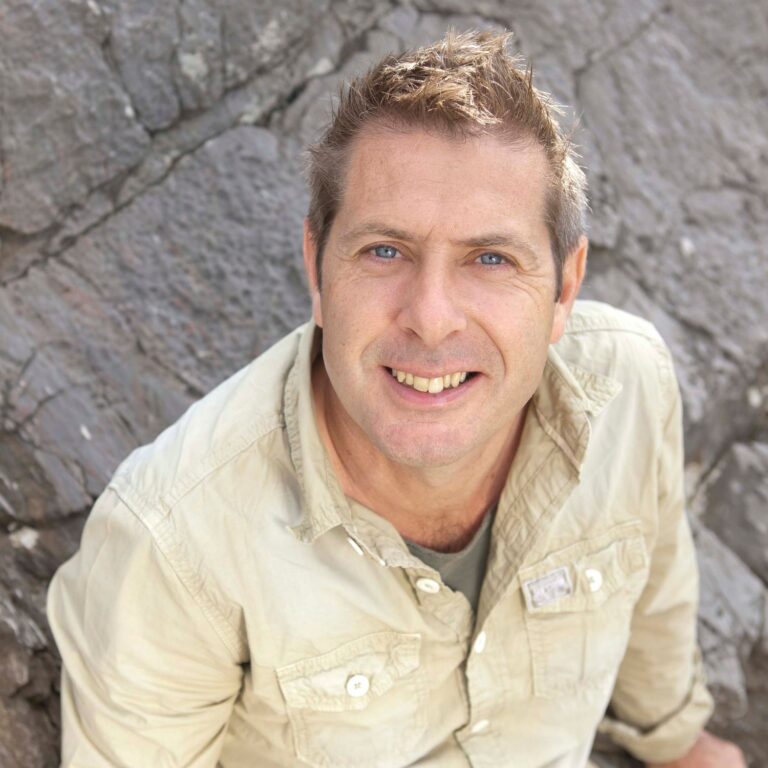
Iain Stewart is the El Hassan bin Talal Research Chair in Sustainability at the Royal Scientific Society (Jordan) and Professor of Geoscience Communication at the University of Plymouth (UK). The founding director of the University of Plymouth’s ‘Sustainable Earth Institute’, Iain’s long-standing research interests are in disaster risk reduction, climate change, and Earth science communication. His Earth science communication work has built on a 15-year partnership with BBC Science television presenting popular documentary series, such as ‘Earth: The Power of the Planet’, ‘Earth: The Climate Wars’, ‘How Earth Made Us’, ‘How To Grow A Planet’, ‘The Rise of the Continents’ and ‘Planet Oil; he was also academic advisor on David Attenborough’s acclaimed BBC series ‘Severn Worlds, One Planet’. Awarded an MBE for his services to geography and geology education, he is President of the Royal Scottish Geographical Society, was the Communications Lead and Evidence Chair for the Scottish Government’s Climate Citizen’s Assembly, and is the UNESCO Chair for Geoscience and Society.

Kombada Mhopjeni is the National Programme Officer for Natural Sciences at the UNESCO Windhoek office. She provides technical and policy advice to the line ministries and national institutions involved in the UNESCO Natural Sciences program in Namibia and leads the delivery of the Natural Sciences program in Namibia. She has a MSc in Geology from the University of Western Australia. Prior to joining UNESCO, Kombada was the Deputy Director of Geo-Information at the Geological Survey of
Namibia and National Programme Officer (on-loan) for Natural Sciences at UNESCO. She has over 17 years of scientific experience in the government, including various roles in geosciences and management.
She is the Executive Member of the Geological Society of Namibia and a founding National Representative of the Young Earth Scientists Network Namibia chapter.

